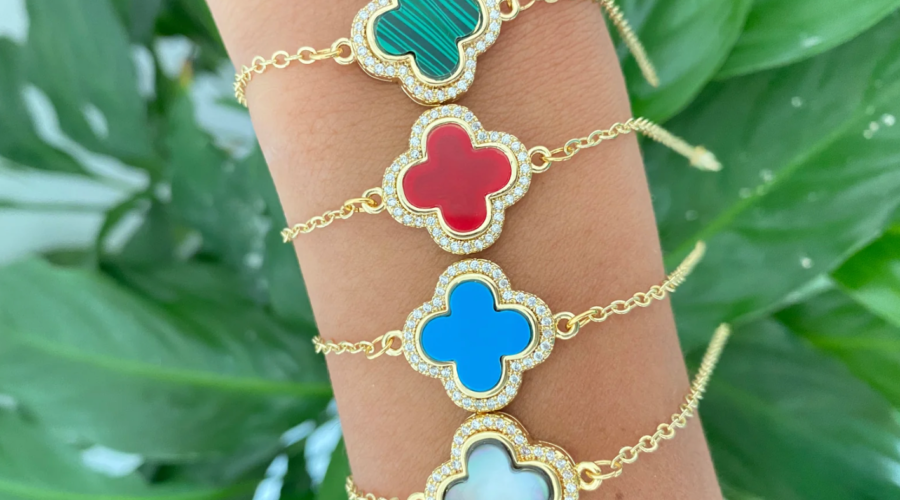The Ultimate Guide to Sponsoring Local Events
Sponsorships are a cornerstone of local community engagement. For businesses, sponsoring events isn’t just about gaining visibility—it’s about establishing meaningful connections, building goodwill, and aligning with core values that resonate with target audiences. In this comprehensive guide, we will explore what it means to sponsor local events, the array of benefits it offers, strategies for choosing the perfect event, and actionable tips for maximizing your return on investment (ROI).
Whether you’re a small business dipping its toes into local marketing or a seasoned corporation looking for community impact, this guide will equip you with the insights to harness the power of sponsorship.
Why Sponsor Local Events?
Sponsoring local events presents a unique opportunity to engage directly with your community. It goes beyond traditional advertising methods, providing a platform to build trust, loyalty, and authentic relationships. But why should businesses, big or small, consider this approach? Let’s take a closer look at the key benefits.
1. Unmatched Brand Visibility
Event sponsorship puts your brand front and center. Your logo may appear on banners, programs, flyers, social media posts, event merchandise, and more. These touchpoints ensure that attendees—and even those who hear about the event—associate your brand with the experience.
For example, sponsoring a farmers market in South Beach can get your brand noticed not only by eco-conscious shoppers but also by the broader community through online promotion and word of mouth.
2. Targeted Audience Engagement
One of the most significant advantages of local event sponsorship is the ability to connect with a highly targeted audience. Are you trying to reach environmentally conscious consumers? Sponsor a green living expo or farmers market. Want to engage families? Youth soccer tournaments provide access to parents and children.
Understanding your audience allows you to position your business effectively, ensuring that your sponsorship delivers maximum impact.
3. Building Community Goodwill
Communities value businesses that give back. By supporting local initiatives, your company demonstrates a commitment to the community’s growth and well-being. This fosters goodwill and enhances your reputation, potentially translating into increased customer loyalty.
4. Networking Opportunities
Sponsoring events often provides exclusive networking opportunities. You’ll have the chance to connect with other sponsors, vendors, and influencers who could become valuable business contacts.
5. Cost-Effective Marketing
Compared to large-scale advertising campaigns, local event sponsorship is often more affordable while offering direct, measurable results. The combination of visibility, engagement, and networking opportunities makes it a high-impact marketing strategy.
How to Choose the Right Event to Sponsor
Not all events are created equal, and finding the right one can make all the difference. Here are key considerations to guide your decision-making process:
1. Align With Your Business Goals
The first step is to define what you hope to achieve. Are you looking to increase sales, grow brand awareness, or support a cause aligned with your mission? Having clear objectives will help you identify events that meet your needs.
2. Understand the Event’s Audience
Research the event’s attendees to determine whether they align with your target demographic. For instance, if you run a wellness brand, sponsoring health expos or fitness events would be more effective than music festivals.
3. Consider Event Scale and Reach
Larger events often provide broader visibility, while smaller, niche events allow for deeper engagement with attendees. Assess which approach aligns with your strategy.
4. Evaluate Sponsorship Packages
Different events offer varying levels of sponsorship benefits. Some might include logo placement, speaking opportunities, or social media promotion. Ensure the package delivers value for your investment.
5. Research the Event Organizer’s Track Record
A well-organized event reflects positively on sponsors. Before committing, research the event’s history, audience feedback, and success rate to ensure a positive experience.
How to Maximize Your Sponsorship ROI
Sponsoring an event is just the beginning. To truly benefit, you’ll need to actively engage in the experience. Here are actionable tips for making the most of your sponsorship investment:
1. Promote Your Sponsorship Ahead of Time
Use your marketing channels—social media, email newsletters, and website—to announce your sponsorship. This not only builds anticipation but also connects your brand to the event in attendees’ minds.
2. Create an Interactive Booth or Activation
If your sponsorship includes on-site presence, make it memorable. Set up an interactive booth with product demonstrations, giveaways, or engaging activities. For example, at a farmers market, a food brand might offer free tastings.
3. Leverage Social Media
Don’t limit your presence to the physical event—extend it online. Share live updates, photos, and videos during the event to engage your broader audience. Use hashtags and tag the event for increased visibility.
4. Offer Exclusive Deals
Attract attendees by offering event-exclusive discounts or deals. This creates a sense of urgency and encourages immediate action.
5. Engage With Attendees
Face-to-face interactions are invaluable. Take the time to speak with attendees, answer questions, and build personal connections.
6. Follow Up Post-Event
After the event, maintain the momentum. Send thank-you emails, share event highlights on social media, and follow up with leads. This reinforces your brand’s involvement and keeps the connection alive.
Examples of Successful Sponsorships
To inspire your approach, let’s explore real-life examples of businesses that successfully leveraged local event sponsorship:
- A Café at a Farmers Market A South Beach café sponsored a farmers market, offering free coffee samples to attendees. This not only drove foot traffic to their booth but also resulted in increased sales at their nearby store.
- A Sports Apparel Brand at a Youth Soccer Tournament A regional sportswear company partnered with a youth soccer league, supplying branded jerseys for participants. The sponsorship earned them significant visibility and goodwill among families.
- A Tech Company at a Charity Run A tech brand sponsored a 5K run, integrating their fitness app into the event. Participants used the app to track their performance, blending utility with marketing.
Common Mistakes to Avoid
While sponsorship is a powerful tool, it’s important to avoid common pitfalls:
- Lack of Clear Goals Without specific objectives, it’s challenging to measure success. Always start with a clear vision of what you want to achieve.
- Choosing the Wrong Event Align the event with your brand’s values and target audience. Sponsoring unrelated events can lead to wasted resources.
- Neglecting Engagement A passive sponsorship approach can diminish impact. Actively promote your involvement and engage with attendees.
- Ignoring Post-Event Opportunities Follow-up is crucial. Don’t let leads or momentum fizzle out after the event.
Conclusion
Sponsoring local events offers an unparalleled opportunity to connect with your community, build trust, and grow your brand. By choosing the right events, engaging authentically, and leveraging all aspects of the sponsorship, businesses can achieve tangible results that go beyond immediate visibility.
Whether it’s a farmers market, youth sports tournament, or charity fundraiser, your involvement signals a commitment to the community—and that’s a value customers hold dear. Ready to take the leap? Explore our sponsorship opportunities and start building lasting connections today.


